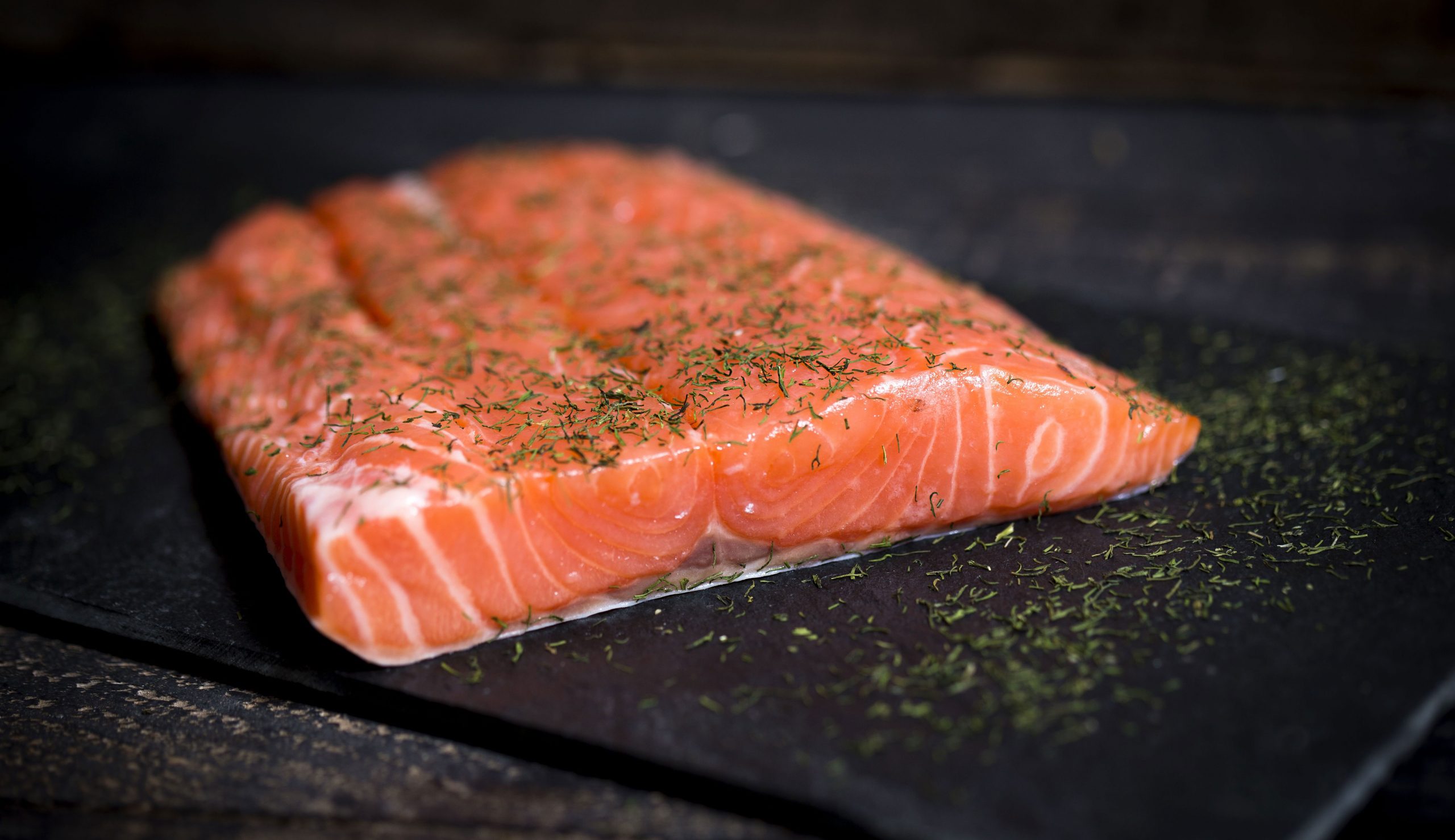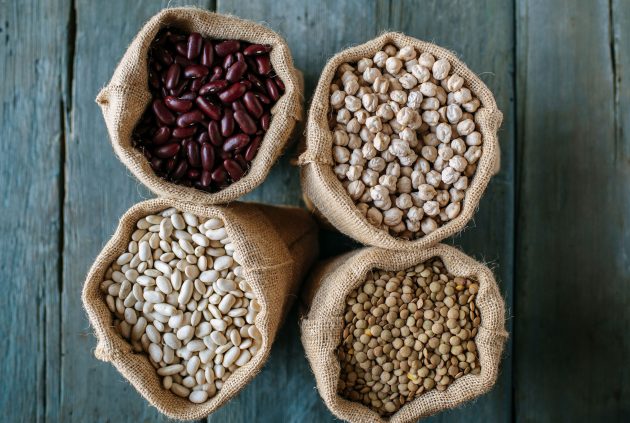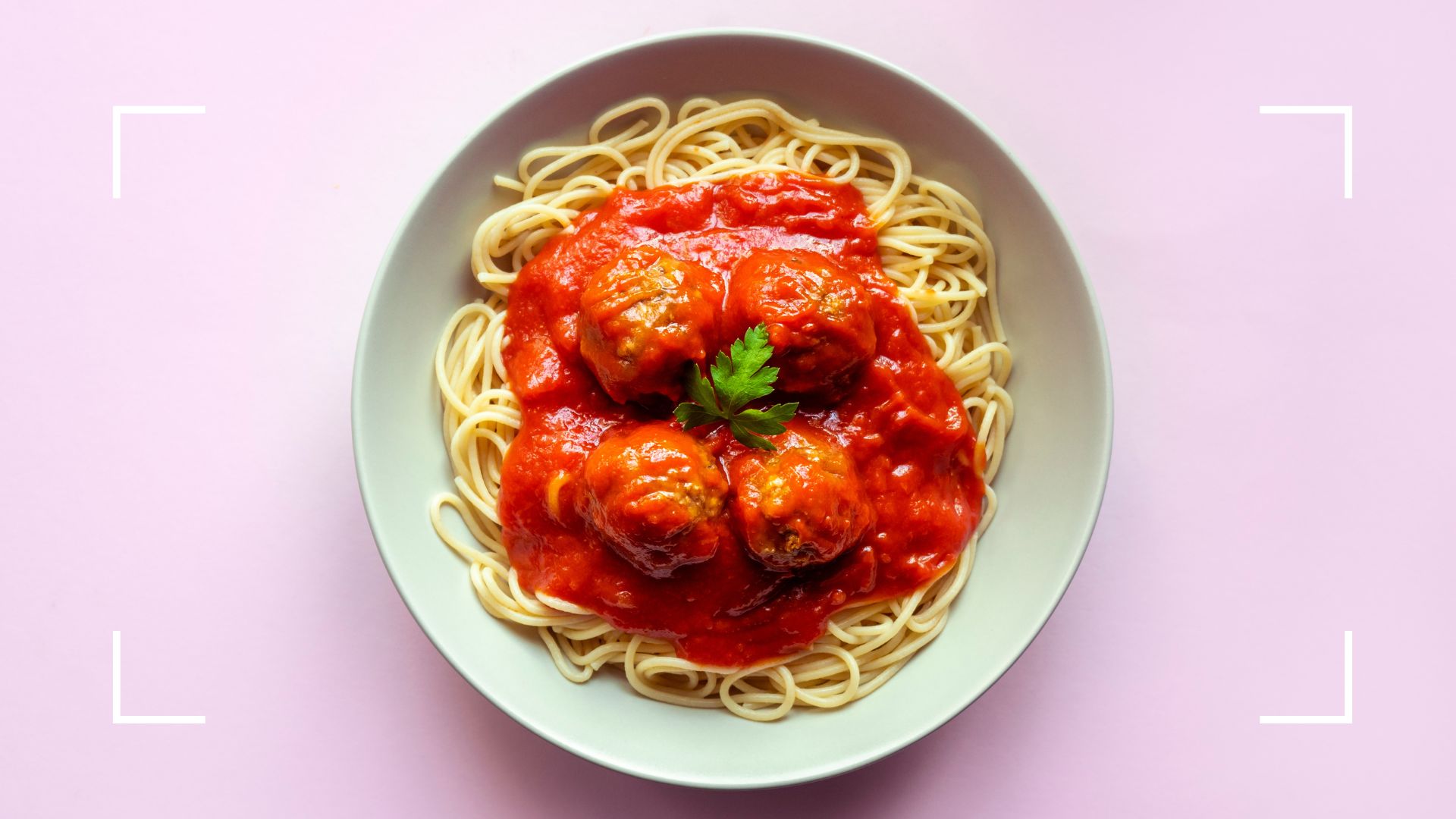Eating oily fish and legumes could delay the menopause, new study claims

The menopause is an inevitable fact of life for most women, but according to a new study from the University of Leeds, there could be a way to delay its onset.
Researchers at the University of Leeds gathered data on 14,000 from the UK Women's Cohort Study, analysing the data over a four-year-period. Around 914 of the women between the ages of 40 - 65 experienced a natural menopause during that period.
And in the results, published in the Journal of Epidemiology and Community Health, researchers found that those who had a diet which contained plenty of oily fish such as salmon, legumes and beans, generally experienced a delayed menopause.
MORE: How to survive the menopause, and what changes to expect
It also found that those who regularly ate carbohydrates, including pasta and rice, generally started the menopause roughly around 18 months earlier.
The research also found that the average age to start the menopause was 51.
High consumption of oily fish - 90g daily - was found to bring about a delay of 3.3 years, whereas a regular intake of legumes (peas and beans such as chickpeas or lentils), could delay the menopause by one year. Researchers on the study stated that legumes contain antioxidants, which might affect the release of eggs - meaning periods go on for longer.
Sign up for the woman&home newsletter
Sign up to our free daily email for the latest royal and entertainment news, interesting opinion, expert advice on styling and beauty trends, and no-nonsense guides to the health and wellness questions you want answered.

Researchers also claimed that the women with a vegetarian diet went through the menopause around one year earlier, in comparison to those with a diet containing meat.
The time at which you go through the menopause can have a direct effect on your health. Going through the menopause earlier can affect your ability to have children naturally. Women who experience early menopause could also be at risk of osteoporosis and heart disease. However, experiencing a late menopause leaves you exposed to more oestrogen, which can carry with it an increased risk of ovarian cancer.
Co-author of the study, Janet Cade, revealed that the findings could be interesting for further research on the menopause.
She said, “The age at which menopause begins can have serious health implications for some women,

"A clear understanding of how diet affects the start of natural menopause will be very beneficial to those who may already be at risk or have a family history of certain complications related to menopause."
However, other scientists have suggested that it's important not to place too much standing on study's results, as there are plenty of other factors that are linked to the age at which you begin the menopause.
The study was also observational, meaning it cannot actually prove that the foods were directly linked to a delayed menopause.
MORE: Menopause symptoms: the signs to looks for
Dr Channa Jayasena, Clinical Senior Lecturer and Consultant in Reproductive Endocrinology at Imperial College London, told The Telegraph, "This is a large study looking at diet and the age of menopause in a population of women.
“The authors suggest that women who took more refined carbs, savoury snacks and being vegetarian had an earlier menopause. It is tempting to speculate that this provides a recipe for delaying menopause.
"Unfortunately, a big limitation of these observational studies, is their inability to prove that dietary behaviour actually causes early menopause. Until we have that type of proof, I see no reason for people to change their diet.”
Amy Hunt is an experienced digital journalist specialising in homes, interiors and hobbies. She began her career working as the features assistant at woman&home magazine, before moving over to the digital side of the brand where she eventually became the Lifestyle Editor up until January 2022. Amy won the Digital Journalist of the Year award at the AOP Awards in 2019 for her work on womanandhome.com.
-
 If you like the butter yellow trend, you'll love the even brighter shade Eva Longoria's wearing
If you like the butter yellow trend, you'll love the even brighter shade Eva Longoria's wearingWe all know butter yellow is huge news this year, and Eva's hot take on the trend is inspiring me
By Caroline Parr
-
 How is Race Across the World filmed? Exploring how the BBC reality series is made
How is Race Across the World filmed? Exploring how the BBC reality series is madeAn incredible amount of planning and logistics goes into bringing the show to your TV screen
By Lucy Wigley
-
 5 sexperts share their secrets to better sex for mature women
5 sexperts share their secrets to better sex for mature womenThese women know how to put the va-va-voom back into the bedroom… possibly even the kitchen! Here's what we've learned from them
By Kim Willis
-
 Can menopause cause a loss of taste and smell? Plus, 6 other signs of menopause you might not expect
Can menopause cause a loss of taste and smell? Plus, 6 other signs of menopause you might not expectCan menopause cause a loss of taste and smell? It's more than just colds and flu that can change our tastebuds
By Emily Smith
-
 The health benefits of protein powder for women, according to a nutritionist
The health benefits of protein powder for women, according to a nutritionistWe've got the scoop on the benefits of protein powder when it comes to your health
By Lucy Gornall
-
 Wondering if you're postmenopausal? These are 9 ways your body changes post-menopause
Wondering if you're postmenopausal? These are 9 ways your body changes post-menopauseThese are the body changes you can expect if you're postmenopausal
By Lauren Clark
-
 Can you get pregnant during perimenopause? Here’s how your fertility changes from your 40s
Can you get pregnant during perimenopause? Here’s how your fertility changes from your 40sIf you’re wondering can you get pregnant during perimenopause, we’ve got the expert verdict
By Lauren Clark
-
 What are the main menopause symptoms? Find out the signs and when to see your doctor
What are the main menopause symptoms? Find out the signs and when to see your doctorA team of experts outline common menopause symptoms and how to deal with them
By Stacey Carter
-
 Here's how to tell whether you're experiencing menopausal weight gain—and what to do about it
Here's how to tell whether you're experiencing menopausal weight gain—and what to do about itIf menopausal weight gain is knocking your confidence, this is everything you need to know...
By Lauren Clark
-
 How to calm down hot flushes if you are going through the menopause
How to calm down hot flushes if you are going through the menopauseHot flushes are thought to be caused by hormonal fluctuations—these are the best ways to ease them...
By Lauren Hughes
